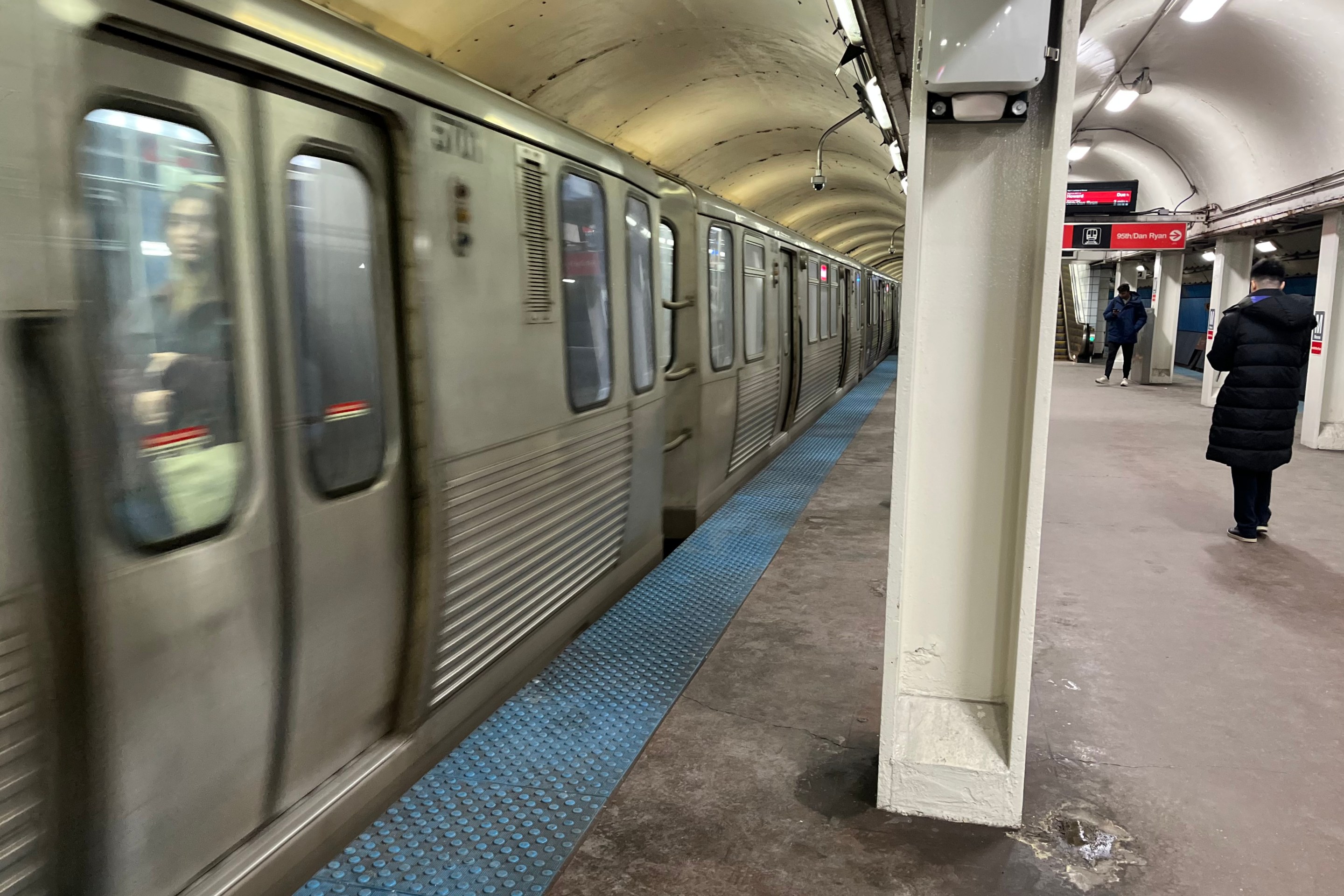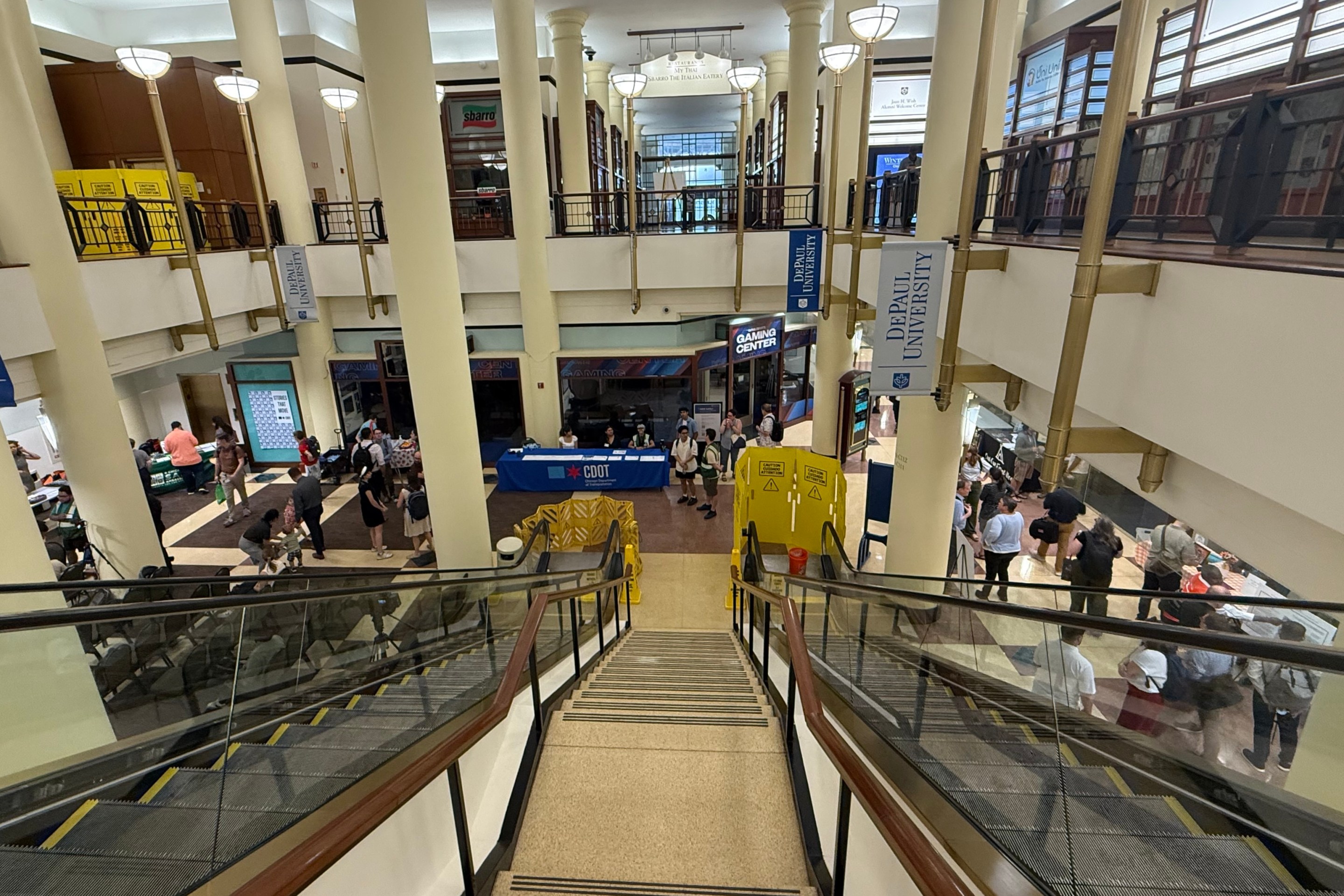California's cap-and-trade program is one of the boldest state-level climate change policies in the U.S. By capping statewide carbon pollution and then auctioning off emissions allowances, the state hopes to both reduce greenhouse gas emissions and generate about $10.6 billion for projects to improve energy efficiency. Among other things, that money would support various rail and transit projects, including the state's high-speed rail line.

The state plans to borrow against future cap-and-trade revenues to provide a local match for $3.5 billion in federal funds for high-speed rail, according to the LA Times. But Adina Levin at Green Caltrain reports that there's been a hitch:
Results of the most recent Cap and Trade auction announced yesterday, where only 2% of carbon credits were sold, pose risks to Caltrain electrification funding, the High Speed Rail project, and other state transportation and housing goals. The auction brought in $10 million, compared to $150 million that the state was expecting.
The LA Times reports that the reason for the low auction reports is unclear...
Caltrain is seeking $225 million from state Cap and Trade funds this summer to be able to move ahead with the electrification project, and High Speed Rail’s budget depends on a 25% earmark of Cap and Trade funds. The budget has a $500 million reserve in case of auction shortfalls, but cuts are expected to spending for programs that had been depending on the funds.
Auction revenue may have fallen short because reducing emissions has been easier than expected, or due to uncertainty about the program created by a pending legal challenge, or greater-than-expected trading on the secondary market.
Does this mean the cap-and-trade program is broken? In terms of meeting the state's emissions-reduction targets, probably not, says the Environmental Defense Fund. But as a revenue source for rail and transit projects, there are now some big question marks.
Elsewhere on the Network today: Urban Milwaukee reports that Milwaukee County's decision to make transit free for seniors and disabled people, regardless of income, has not worked out well for the transit system as a whole. And Biking Toronto reports on a Twitter bot tracking where people are getting hit by motorists.




